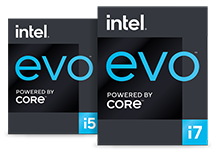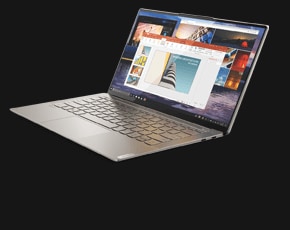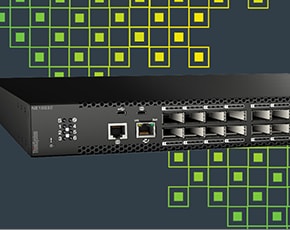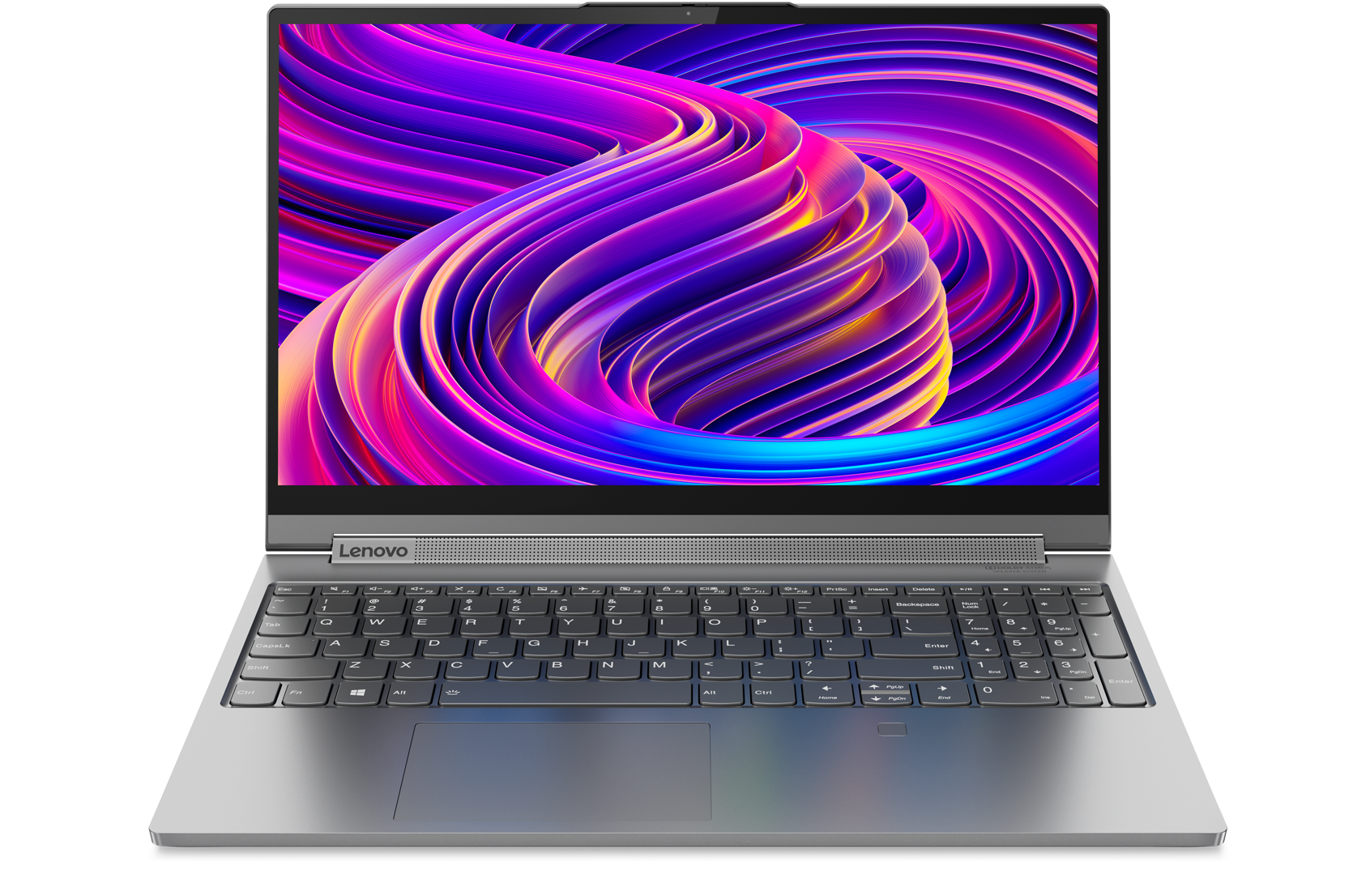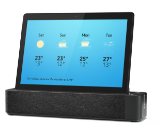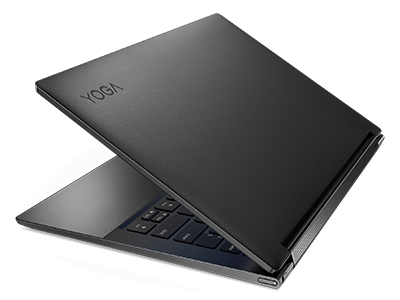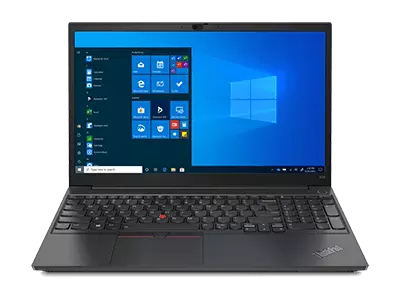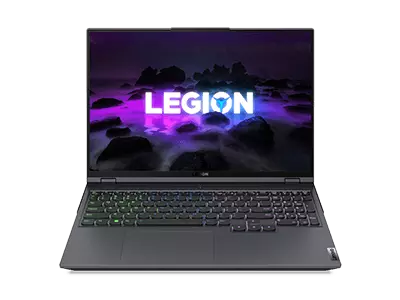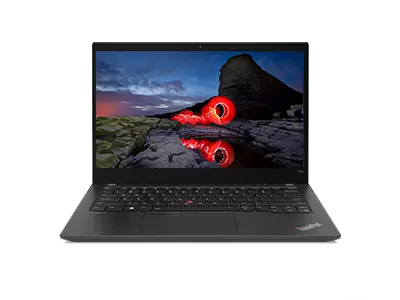Is Intel Xeon better than Intel Core?
It really depends on what your needs are and how you're using your computer. Xeon processors are designed for workstations and servers, while Core processors are designed for laptops and desktops. So, if you need a processor that can handle intense workloads and has high-end features, then a Xeon would be a good option. However, if you're just using your computer for basic tasks like browsing the internet or checking email, then a Core processor may a good choice.
Why do workstations use Xeon?
There are a few reasons why workstations tend to use Xeon processors. Firstly, Xeon processors are designed for reliability and performance in demanding environments. They typically have higher clock speeds than other types of processors, making them ideal for applications that need to process large amounts of data quickly. Additionally, Xeons often support error-correcting code (ECC) memory, which can be important for ensuring the accuracy of information being processed by the workstation. Another reason why Xeons are popular in workstations is that they tend to offer a good balance of performance and power consumption.
What is the difference between Intel and Xeon?
There are several key differences between Intel and Xeon processors. Intel processors are typically geared towards consumer and business markets, while Xeon processors are aimed at server and workstation segments. There are also overlap in some of the products offered by both companies. One main difference is that Xeon processors tend to have more cores than Intel processors. They also support ECC (Error- Correcting Code) memory, which is important for keeping data intact in mission-critical applications. In terms of cache size, again, Xeons usually have more L3 cache than their Intel counterparts. Lastly, Xeons support virtualization technologies (VT) better than Intel processors.
What is a Xeon processor used for?
Xeon processors are used for all tasks with high-end server applications. scientific or engineering workstations and much more. They offer performance and features that are well suited for these types of systems, including multiple cores, large caches, and high clock speeds. Xeon processors are also available in multi-processor configurations, which makes them an ideal choice for servers or workstations that need to handle a lot of processing power. And because Xeon processors support error correcting code (ECC) memory, they can be used in systems that require high reliability and data integrity.
Intel, Intel Core and Intel Xeon are trademarks of Intel Corporation or its subsidiaries in the U.S. and/or other countries.
